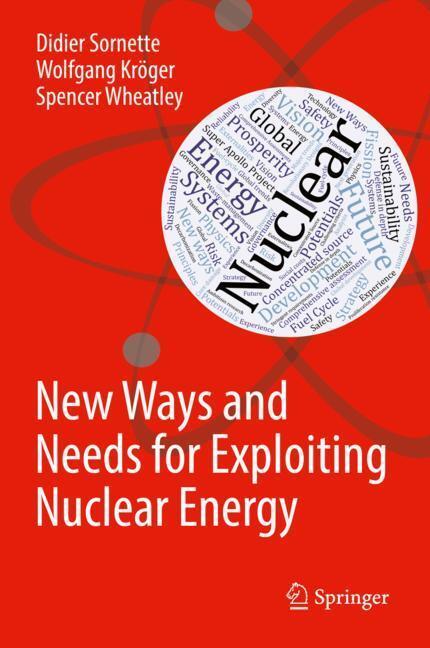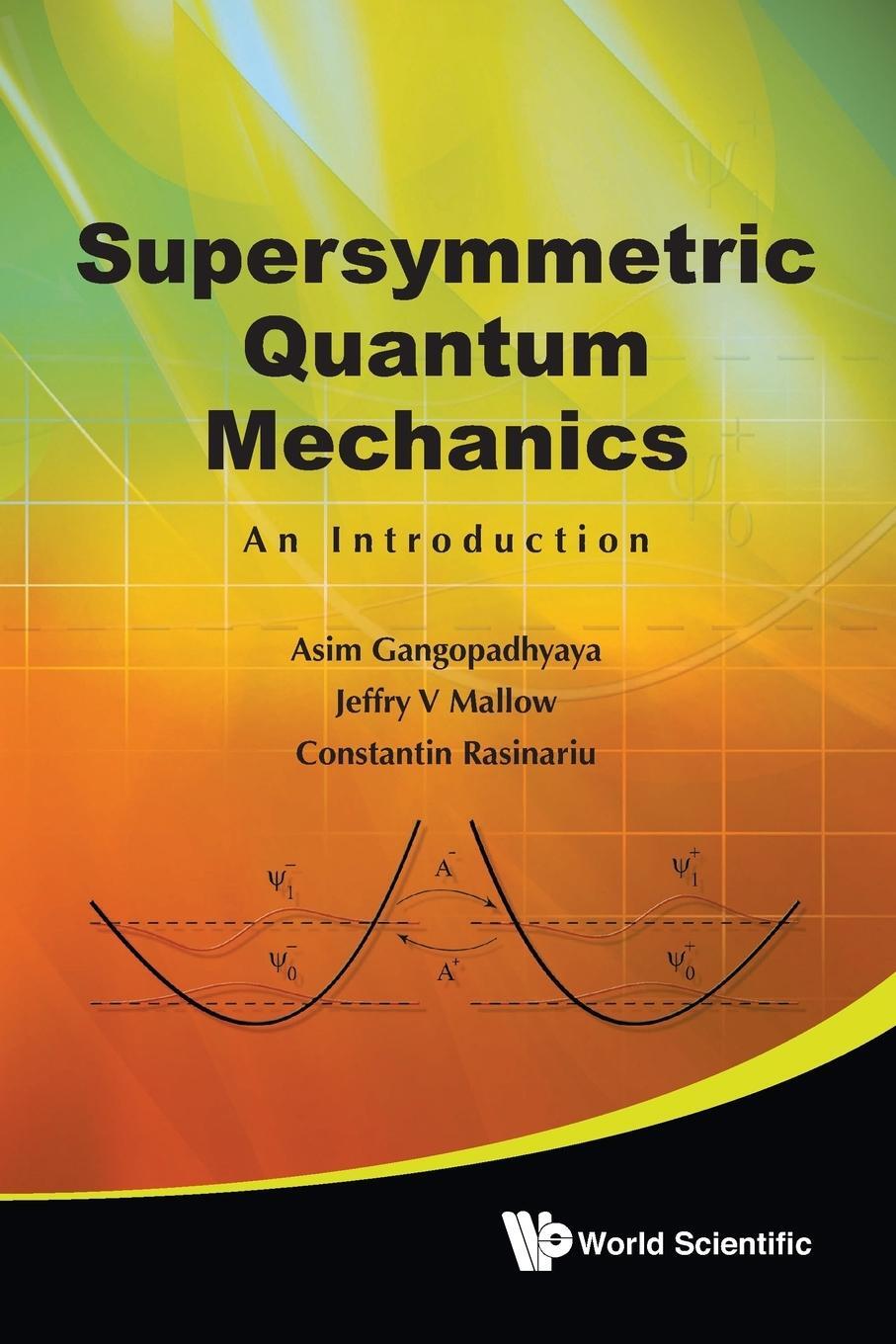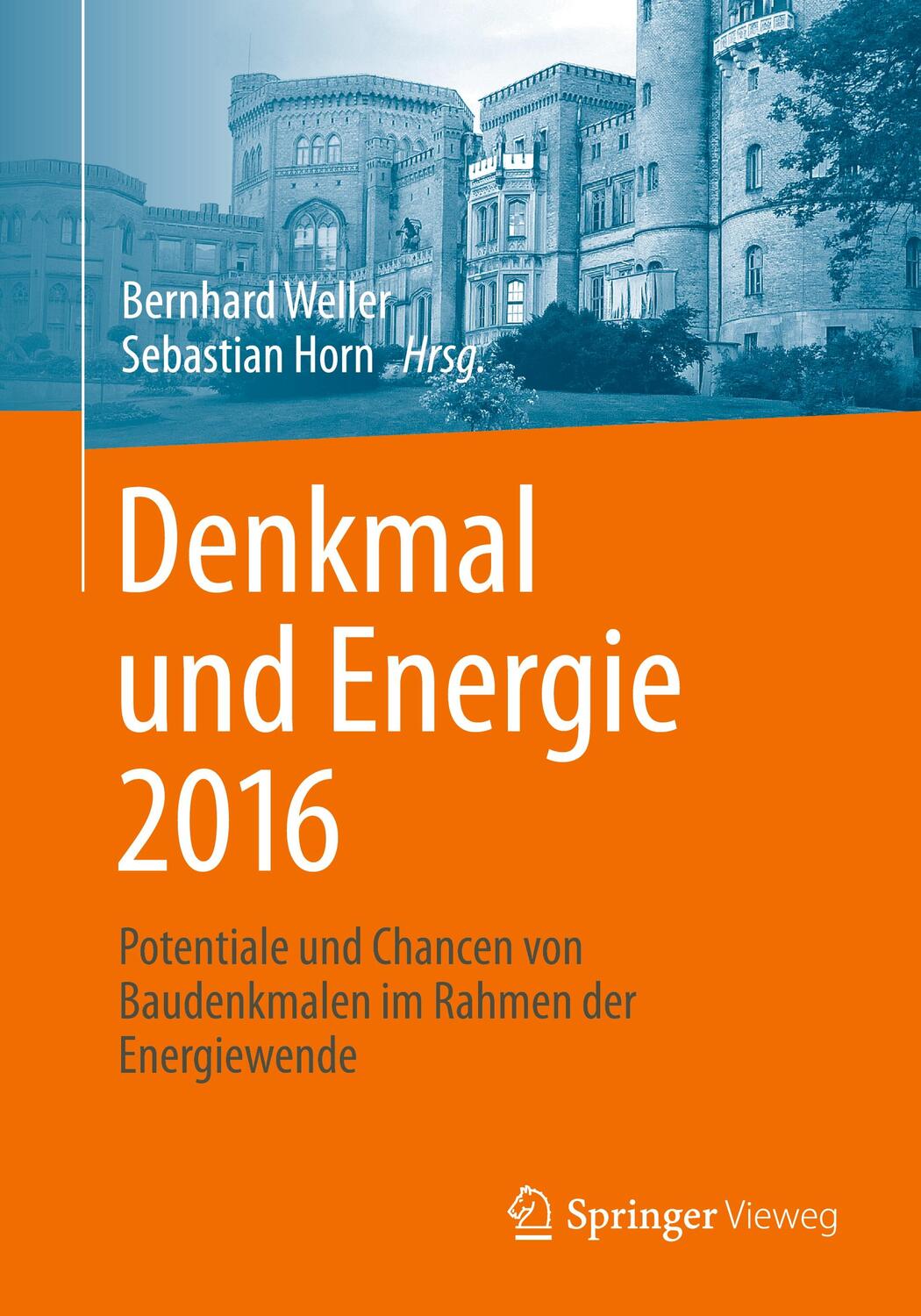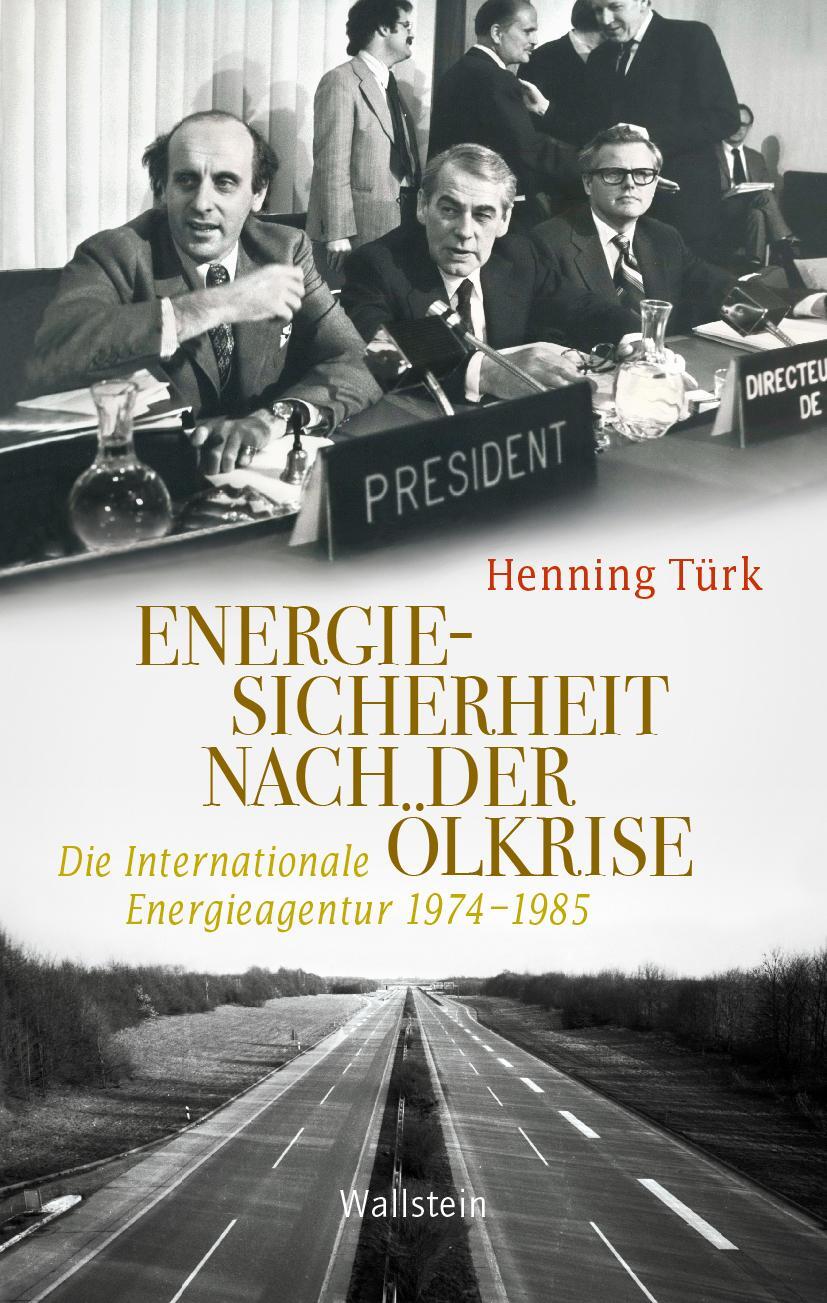40,40 €*
Versandkostenfrei per Post / DHL
auf Lager, Lieferzeit 1-2 Werktage
The mature field of indicator-based sustainability assessment provides a rigorous systematic framework to balance the pros and cons of the various existing energy technologies using lifecycle assessments and weighting criteria covering the environment, economy, and society, as the three pillars of sustainability. In such a framework, nuclear power is ranked favorably, but since emphasis is often placed on radioactive wastes and risk aversion, renewables are usually ranked top. However, quantifying the severity of the consequences of nuclear accidents on a rough integral cost basis and balancing severity with low core-damage accident probabilities indicates that the average external cost of such accidents is similar to that of modern renewables, and far less than carbon-based energy.
This book formulates the overall goal and associated unprecedented demanding criteria of taming nuclear risks by excluding mechanisms that lead to serious accidents and avoiding extremely long stewardship times as far as possible, by design. It reviews the key design features of nuclear power generation, paving the way for the exploration of radically new combinations of technologies to come up with ¿revolutionary¿ or even ¿exotic¿ system designs. The book also provides scores for the selected designs and discusses the high potential for far-reaching improvements, with small modular lines of the best versions as being most attractive.
Given the ambition and challenges, the authors call for an urgent increase in funding of at least two orders of magnitude for a broad international civilian ¿super-Apollö program on nuclear energy systems. Experience indicates that such investments in fundamental technologies enable otherwise unattainable revolutionary innovations with massive beneficial spillovers to the private sector and the public for the next generations.
The mature field of indicator-based sustainability assessment provides a rigorous systematic framework to balance the pros and cons of the various existing energy technologies using lifecycle assessments and weighting criteria covering the environment, economy, and society, as the three pillars of sustainability. In such a framework, nuclear power is ranked favorably, but since emphasis is often placed on radioactive wastes and risk aversion, renewables are usually ranked top. However, quantifying the severity of the consequences of nuclear accidents on a rough integral cost basis and balancing severity with low core-damage accident probabilities indicates that the average external cost of such accidents is similar to that of modern renewables, and far less than carbon-based energy.
This book formulates the overall goal and associated unprecedented demanding criteria of taming nuclear risks by excluding mechanisms that lead to serious accidents and avoiding extremely long stewardship times as far as possible, by design. It reviews the key design features of nuclear power generation, paving the way for the exploration of radically new combinations of technologies to come up with ¿revolutionary¿ or even ¿exotic¿ system designs. The book also provides scores for the selected designs and discusses the high potential for far-reaching improvements, with small modular lines of the best versions as being most attractive.
Given the ambition and challenges, the authors call for an urgent increase in funding of at least two orders of magnitude for a broad international civilian ¿super-Apollö program on nuclear energy systems. Experience indicates that such investments in fundamental technologies enable otherwise unattainable revolutionary innovations with massive beneficial spillovers to the private sector and the public for the next generations.
He has been a visiting professor in Australia, France, the US and China, before taking on the chair of Entrepreneurial Risks at ETH-Zurich in 2006, where he is also Professor of Physics and of Geophysics. He is the Director of the Financial Crisis Observatory (since 2008) and Founding member of the Risk Center at ETH Zurich (2011).
Reviews future options and strategies for low-carbon energy systems
Makes a detailed risk and benefit analysis to compare the real economic, environmental and societal costs of nuclear, renewable and fossil energies
Formulates the demanding criteria for taming nuclear risks by excluding mechanisms that lead to serious accidents by design
| Erscheinungsjahr: | 2018 |
|---|---|
| Fachbereich: | Kraftwerktechnik |
| Genre: | Technik |
| Rubrik: | Naturwissenschaften & Technik |
| Medium: | Buch |
| Seiten: | 276 |
| Inhalt: |
xiii
276 S. 13 s/w Illustr. 77 farbige Illustr. 276 p. 90 illus. 77 illus. in color. |
| ISBN-13: | 9783319976518 |
| ISBN-10: | 3319976516 |
| Sprache: | Englisch |
| Herstellernummer: | 978-3-319-97651-8 |
| Einband: | Gebunden |
| Autor: |
Sornette, Didier
Kröger, Wolfgang Wheatley, Spencer |
| Hersteller: |
Springer-Verlag GmbH
Springer International Publishing |
| Abbildungen: | Bibliographie |
| Maße: | 241 x 160 x 22 mm |
| Von/Mit: | Didier Sornette (u. a.) |
| Erscheinungsdatum: | 10.10.2018 |
| Gewicht: | 0,606 kg |
He has been a visiting professor in Australia, France, the US and China, before taking on the chair of Entrepreneurial Risks at ETH-Zurich in 2006, where he is also Professor of Physics and of Geophysics. He is the Director of the Financial Crisis Observatory (since 2008) and Founding member of the Risk Center at ETH Zurich (2011).
Reviews future options and strategies for low-carbon energy systems
Makes a detailed risk and benefit analysis to compare the real economic, environmental and societal costs of nuclear, renewable and fossil energies
Formulates the demanding criteria for taming nuclear risks by excluding mechanisms that lead to serious accidents by design
| Erscheinungsjahr: | 2018 |
|---|---|
| Fachbereich: | Kraftwerktechnik |
| Genre: | Technik |
| Rubrik: | Naturwissenschaften & Technik |
| Medium: | Buch |
| Seiten: | 276 |
| Inhalt: |
xiii
276 S. 13 s/w Illustr. 77 farbige Illustr. 276 p. 90 illus. 77 illus. in color. |
| ISBN-13: | 9783319976518 |
| ISBN-10: | 3319976516 |
| Sprache: | Englisch |
| Herstellernummer: | 978-3-319-97651-8 |
| Einband: | Gebunden |
| Autor: |
Sornette, Didier
Kröger, Wolfgang Wheatley, Spencer |
| Hersteller: |
Springer-Verlag GmbH
Springer International Publishing |
| Abbildungen: | Bibliographie |
| Maße: | 241 x 160 x 22 mm |
| Von/Mit: | Didier Sornette (u. a.) |
| Erscheinungsdatum: | 10.10.2018 |
| Gewicht: | 0,606 kg |











